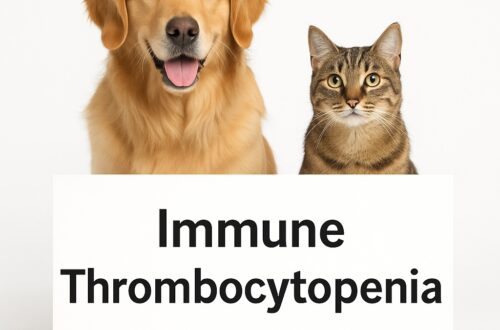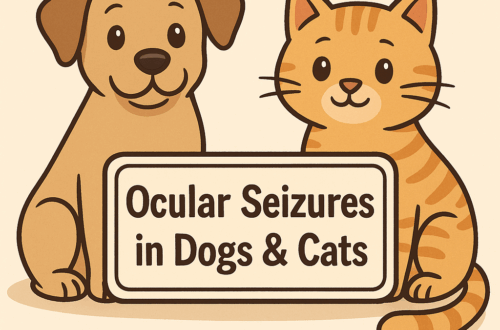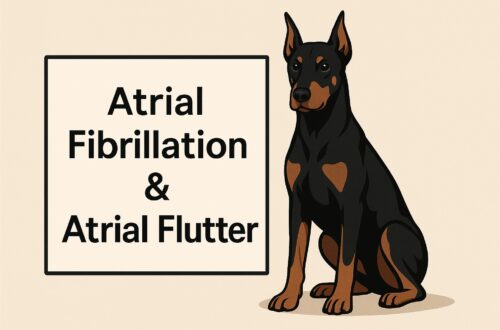One of the common reasons for which pet owners bring their pets to veterinarians is because of unexplained weight loss. So, this week I wanted to spend some time reviewing some of the potential causes to help shed some light on this problem. I hope you find this post helpful and share worthy. Happy reading!
General causes of weight loss…
Veterinarians often characterized the general causes of weight loss as:
- Reduced calorie intake – a pet does not eat enough due to housing factors, competition with house mates, limited access to food, and/or eating poor quality foods
- Altered metabolism – a pet’s disease prevents absorbed nutrients from having the desired impact in the body either through more rapid use and/or inappropriate loss
- Reduced absorption – the body can’t adequately absorb ingested nutrients
To complicate matters further, many common ailments encountered in cats and dogs cause weight loss through more than one of these general mechanisms.
Figuring it out…
The first step in evaluating pets with unintentional weight loss is reviewing their dietary history. Are they eating enough food? Are they eating high-quality foods? If the answer to either of these questions is no, then we have some easy solutions. They need to eat more nutritious foods! But, for the majority of pets with unexplained weight loss, calorie intake is usually adequate. Simply feeding more high-quality foods won’t solve their weight loss issue.
We have to consider true disease processes, health issues that cause pets to eat less, that alter their metabolism, and/or prevent them from absorbing nutrients. Common ailments that cause unintentional weight loss in cats and dogs include:
- Oral & dental diseases
- Gastrointestinal diseases (e.g.: protein-losing enteropathy, toxoplasmosis, histoplasmosis, inflammatory bowel disease, cancer)
- Diabetes mellitus
- Heart diseases
- Hyperthyroidism
- Kidney disease (e.g.: chronic kidney disease, protein-losing nephropathy)
- Cancer at any location
- Chronic infections
- Chronic inflammation
Making a diagnosis…
Veterinarians will initially review a pet’s medical history and perform a complete physical examination. Based on the information gleaned from these tests, further recommendations may be made. Veterinarians typically recommend moving forward with subsequent testing in a logical manner, starting first with non-invasive tests like blood, urine, and/or stool tests. Diagnostic imaging like radiography (x-rays) and ultrasonography may be recommended. Occasionally, minimally invasive tests (e.g.: endoscopy) and invasive procedures (e.g.: surgical biopsies) may be indicated and recommended. Pet owners may find it helpful to partner with a board-certified veterinary internal medicine specialist to develop a logical and cost-effective diagnostic plan.
How is weight loss treated?
Treatment of weight loss depends on the underlying cause. Pursuing a logical diagnostic investigation to figure out the cause(s) of a pet’s weight loss is of paramount importance. Understandably, the treatment for hyperthyroidism is very different that treatment(s) for diabetes mellitus.
With that being said, veterinarians frequently prescribed some medications to encourage patients to ingest more calories. These classes of drugs include:
- Anti-nausea medications (e.g.: maropitant, metoclopramide, ondansetron, dolasetron)
- Pro-motility drugs (e.g.: metoclopramide, erythromycin)
- Appetite stimulations (e.g.: capromorelin, mirtazapine, cyproheptadine)
- Gastroprotectants (e.g.: sucralfate, omeprazole)
Here’s an important point. Simply feeding a pet with an untreated disease will likely not be sufficient to reverse their weight loss. If you want to maximize the likelihood of a positive outcome for your pet, you have to figure out the underlying cause and treat it appropriately.
The take-away message about weight loss in cats & dogs…
Weight loss is a common medical problem in cats and dogs. Usually weight loss is unintentional and due to a specific underlying disease. Pets owners should proactively collaborate with their family veterinarian and possibly board-certified veterinary specialists to figure out why their pet is losing weight.
To find a board-certified veterinary internal medicine specialist, please visit the American College of Veterinary Internal Medicine.
Wishing you wet-nosed kisses,
CriticalCareDVM











